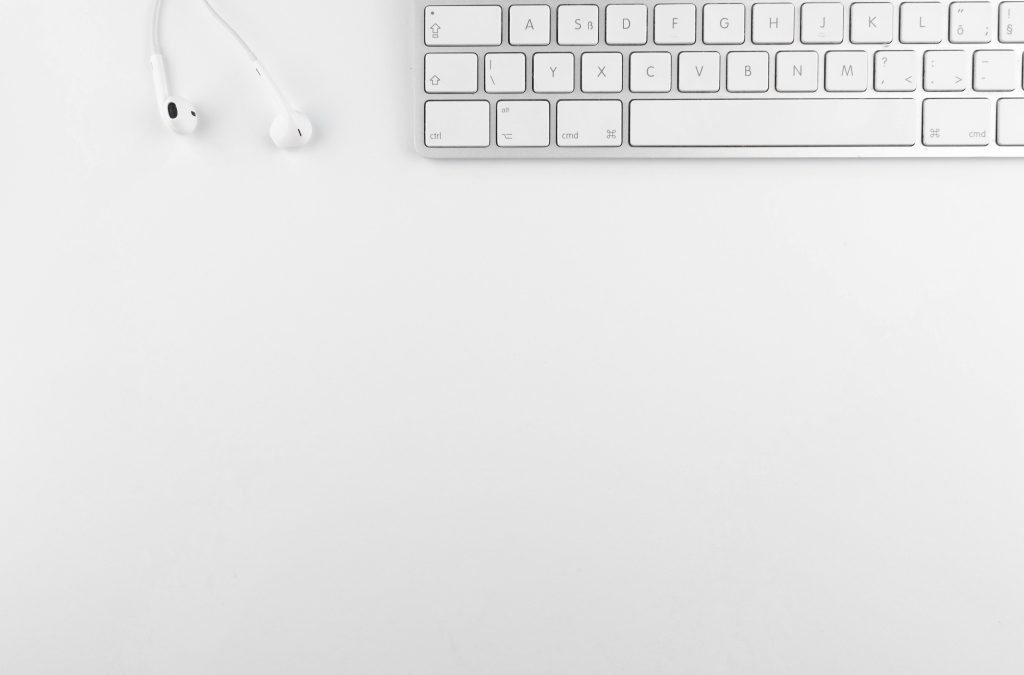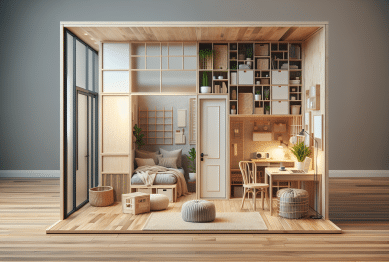In today’s fast-paced world, distractions are everywhere — from constant notifications to cluttered environments that sap mental energy. As more people seek ways to boost concentration and productivity, a rising trend has emerged: minimalism in your space leads to better focus. Simplifying your surroundings is no longer just about aesthetics; it’s a cognitive strategy supported by emerging research and workplace innovations.
This article examines why minimalism enhances focus, explores current trends in minimalist design and workspace organization, and offers actionable tips to create a focused environment.

Why Minimalism in Your Space Leads to Better Focus
Minimalism goes beyond having fewer things — it is about intentional living and working with only what adds value. When it comes to focus, this translates into fewer visual distractions, reduced stress, and a calmer mind, all of which improve mental clarity.
The Cognitive Impact of Clutter
Clutter competes for your attention and impairs your ability to concentrate. Research from the University of California, Los Angeles (UCLA) revealed that people with cluttered homes exhibit higher levels of cortisol, a stress hormone that negatively impacts focus and decision-making.
Visual Noise and Attention Drain
Our brains process visual stimuli constantly. A cluttered environment overloads the visual cortex, causing cognitive fatigue. Minimalist spaces allow your brain to conserve mental resources for task-relevant information.
Emerging Trends: Minimalism Meets Productivity
Minimalism has evolved from an aesthetic movement into a productivity-enhancing lifestyle. Here are some recent developments:
- Biophilic Minimalism: Incorporating natural elements like plants into a clean, minimal space to enhance well-being and focus. Studies show exposure to nature can improve concentration and reduce mental fatigue.
- Digital Decluttering: Many are extending minimalism to digital spaces, organizing files and reducing open tabs, which contributes to mental clarity.
- Flexible Minimalist Workspaces: Modern offices are adopting clean, modular furniture with built-in storage to maintain minimalism without sacrificing functionality.
Companies like Apple and Airbnb exemplify minimalist design principles, creating workspaces that support concentration and creativity.
The Science Behind How Minimalism Improves Focus
Several scientific findings support the focus benefits of minimalist spaces:
- Reduced Cortisol Levels: As noted earlier, clutter elevates cortisol, which impairs cognition. Minimalist spaces lower cortisol, promoting calm and better focus.
- Enhanced Executive Function: Research published in Frontiers in Psychology (2022) showed that participants in tidy, minimal environments performed better on tasks requiring executive control and working memory.
- Improved Emotional Regulation: Minimalism fosters a sense of order and control, which positively affects emotional regulation, further supporting sustained attention.
Practical Steps: How to Implement Minimalism in Your Space to Boost Focus
Creating a minimalist environment is accessible and customizable. Here’s how you can start:
1: Declutter Mindfully
- Sort items into categories: keep, donate, recycle, or discard.
- Ask yourself if each item serves a functional or emotional purpose.
- Avoid holding onto “just in case” objects.
2: Optimize Your Workspace Layout
- Keep your desk surface clear, except for essential tools.
- Use cable organizers to reduce visual chaos.
- Choose simple, neutral color palettes to reduce visual stimulation.
3: Incorporate Nature and Light
- Place a small plant on your desk or near your workspace.
- Maximize natural light to improve mood and alertness.
- Use full-spectrum bulbs if natural light is insufficient.
4: Simplify Digital Spaces
- Organize your desktop and digital files.
- Limit browser tabs to only those necessary.
- Use apps that promote focus by reducing notifications.
5: Establish Routine Maintenance
- Spend 5-10 minutes daily tidying your space.
- Regularly review possessions to avoid accumulation.
- Adjust your space as your needs evolve.
Minimalism as Part of a Larger Focus Strategy
Minimalism alone isn’t a magic bullet but works best when combined with other focus-enhancing habits:
- Time Blocking: Pair a clear space with scheduled work intervals and breaks.
- Mindfulness Practices: Minimalism creates an environment conducive to meditation and deep work.
- Ergonomic Setup: Ensure your minimal space is physically comfortable to sustain longer focus sessions.
Real-World Examples of Minimalism Boosting Focus
Tech Entrepreneurs
Many successful entrepreneurs, including Steve Jobs and Mark Zuckerberg, have praised simplicity in their work environments for enabling clear thinking and innovation.
Remote Workers
With the rise of remote work, people are investing in minimalist home offices to separate work from life and foster concentration.
Educational Settings
Schools and universities are adopting minimalist classroom designs, recognizing the impact of physical space on student attention and learning outcomes.
Conclusion
As demands on our attention grow, minimalism in your space leads to better focus by reducing distractions, lowering stress, and improving cognitive function. This emerging trend is supported by scientific research and embraced by modern workplaces for its tangible benefits.
Implementing minimalist principles in your environment doesn’t require drastic lifestyle changes. Even small adjustments—like decluttering your desk or organizing digital files—can create a more focused mindset and improve productivity.
By designing spaces that foster clarity and calm, you set yourself up for sustained success in both personal and professional realms.
References
- UCLA Newsroom. (2019). “Cluttered Homes Linked to Higher Stress Levels.” Retrieved from https://newsroom.ucla.edu/releases/cluttered-homes-stress
- Frontiers in Psychology. (2022). “Environmental Effects on Executive Function: The Role of Clutter and Minimalism.” Retrieved from https://www.frontiersin.org/articles/10.3389/fpsyg.2022.812345/full
- Harvard Business Review. (2023). “Why Minimalist Workspaces Help Creativity and Focus.” Retrieved from https://hbr.org/2023/08/minimalist-workspaces









